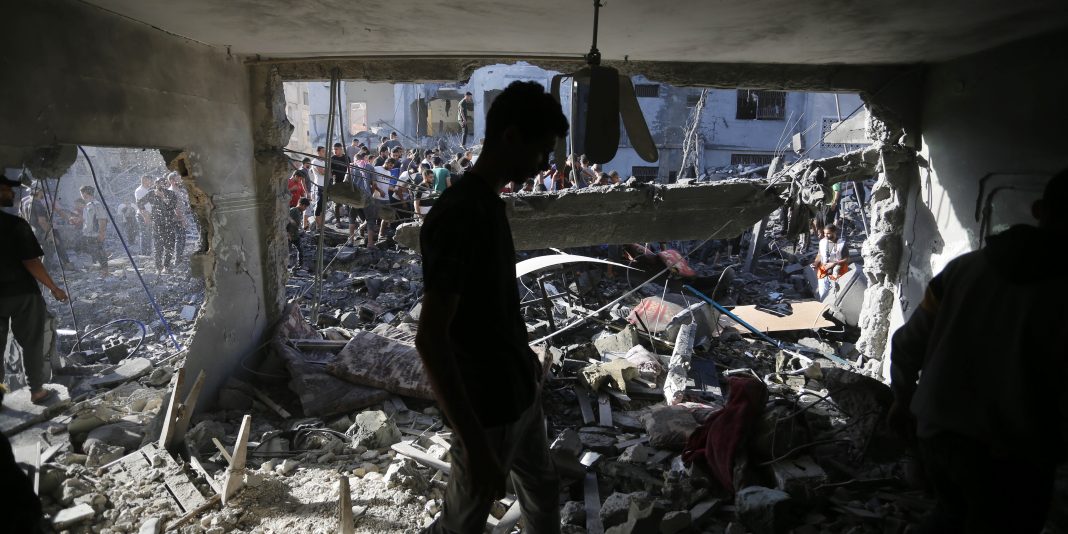Getting Gaza Back Online
The recent United Nations forum aimed at rebuilding the Gaza Strip’s war-ravaged telecommunications infrastructure faced opposition from Israel. The proposal, drafted by Saudi Arabia for the U.N. International Telecommunication Union (ITU) summit, aimed to restore internet access to the disconnected population of Gaza. However, Israel opposed the resolution, arguing that Palestinian connectivity could be used as a weapon by Hamas.
Israel’s objection to the proposal was based on its belief that the resolution distorted the reality of the situation in Gaza. The Israeli delegate at the ITU summit argued that Hamas has used the internet to prepare acts of terror against Israeli civilians. Israel insisted that any rebuilding effort must include safeguards to prevent the potential use of the internet for terrorism. This stance led Marwa Fatafta, a policy adviser with the digital rights group Access Now, to criticize Israel’s position as incoherent and disproportionate.
The resolution ultimately passed under a secret ballot on June 14, but not without being watered down to remove references to Israel’s responsibility for the destruction of Gaza. The U.S. delegate at the ITU summit opposed these references, leading to speculation about whether or not the U.S. ultimately voted for the resolution.
The approved resolution calls for the ITU’s assistance and support in rebuilding Palestine’s telecommunication sector. It also condemns the destruction of critical infrastructure and obstacles preventing the use of new communication technologies. However, it no longer explicitly mentions Israel’s role in destroying and thwarting Gazan internet access.
The resolution also highlights the need to preserve and rebuild Palestinian telecom infrastructure, including the activation of 4G and 5G cellular service. Currently, Gazans are limited to debilitatingly slow 2G service, while smartphones in the West Bank connect with 3G wireless speeds. This outdated technology not only hinders communication but also makes it easier for Israeli intelligence agents to intercept texts and phone calls and institute internet blackouts.
The resolution is seen as an important step towards ending the current status quo. It acknowledges that Gaza cannot be left with a 2G network while the rest of the world has moved on to 5G. However, there are concerns about Israel’s interest in preventing Gaza from entering the 21st century, as it allows for surveillance and censorship.
In conclusion, the resolution passed by the ITU provides hope for rebuilding Gaza’s internet access and improving communication for its population. While Israel’s concerns about terrorism are valid, it is essential to find a balance that ensures connectivity for civilians while addressing security issues. The resolution’s focus on preserving and upgrading telecom infrastructure is crucial for Gaza’s development and integration into the digital age.


